Wednesday, 30 January 2019
Monday, 28 January 2019
Vegan Egg Substitutes from your Pantry
If you’re dealing with an egg allergy or are trying to avoid animal products, you need a good egg substitute! Let’s take a look at some easy, vegan egg substitutes you probably already have in your pantry.
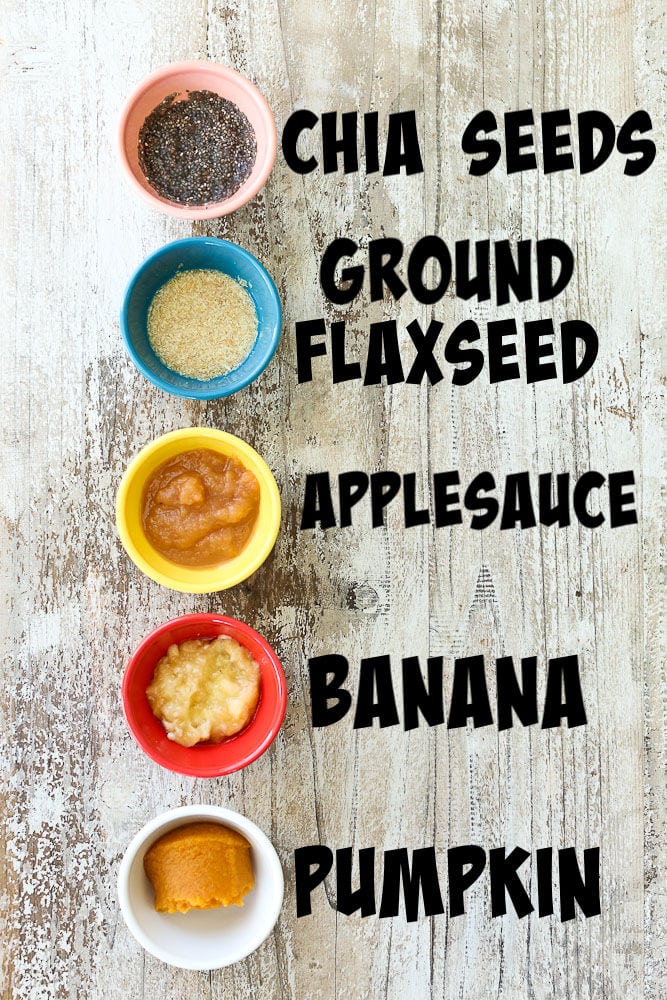
If I had to guess, I’d say the #1 question I get on my recipes is “what’s a good egg substitute?” There are A LOT of you who need and want to know what you can use instead of eggs.
That’s why I put together this guide for you. Whether you’re out of eggs or can’t/won’t use them in your baking, here are my best suggestions on what to use for an egg substitute. Before I get to the substitutions, it helps to understand WHY eggs are used in baking in the first place.
The Role of Eggs in Baking
Eggs play a number of different roles in baked goods, which is why it’s difficult to replicate them exactly. Here are the main reasons why we use eggs in baking.
- STRUCTURE. Eggs provide structure to our baked goods, and act as a binder, holding the ingredients together.
- LIFT. Eggs act as a leavening agent, helping our baked goods rise.
- MOISTURE. Eggs are a liquid, and they help add adequate moisture to your baked goods.
- RICHNESS. Eggs have fat, which can add richness to baked goods.
Now that we have a better idea of why eggs are used in baked goods, let’s talk about exactly how to use some of your staple pantry ingredients as vegan egg substitutes!
The Best Vegan Egg Substitutes
In general, it’s best to limit your egg substitutions to replacing 1-2 eggs. You can try 3 eggs at the maximum. If a recipe calls for 4 or more eggs, it becomes very difficult to substitute and get satisfactory results.
Flaxseed as an Egg Substitute
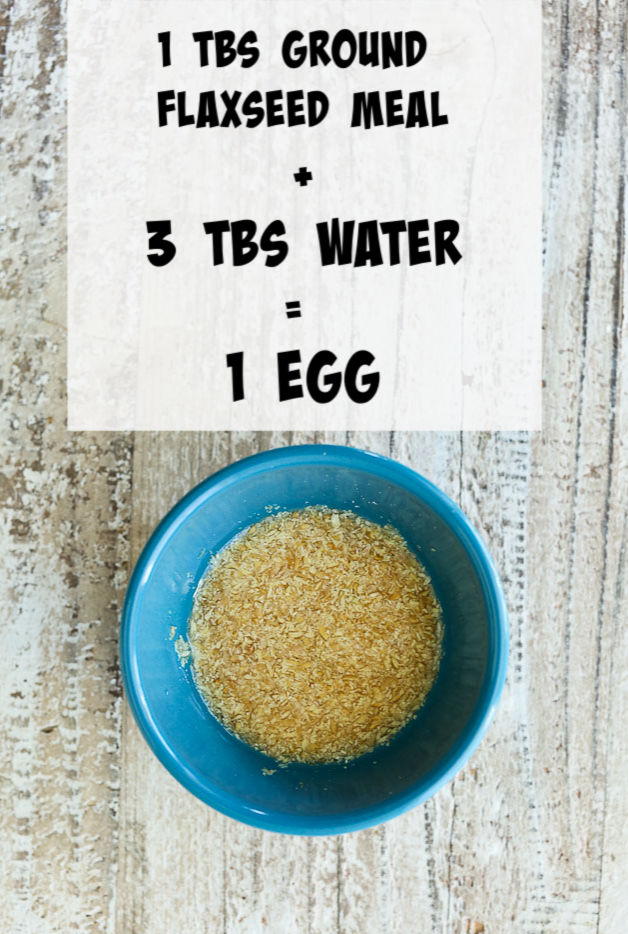
RECIPE: 1 Tablespoon ground flaxseed meal + 3 tablespoons water = 1 egg (let sit for a few minutes to gel)
PROS: Ground flaxseed meal is a great vegan egg substitute when you need a binder. When you mix ground flaxseed meal with water, it creates a gel that binds ingredients together in a way similar to eggs.
Using a flax egg won’t alter the taste of your recipe.
CONS: Recipes made with flax eggs will not rise the same as those made with eggs. The results are usually flatter baked goos with less lift.
Chia Seeds as an Egg Substitute
RECIPE: 1 Tablespoon Chia Seeds + 3 Tablespoons water = 1 Egg (let sit for a few minutes to gel)
PROS: Chia seeds act very similarly to flaxseeds as an egg substitute. They work well as a binder because of the gelatinous consistency when mixed with water.
Chia seeds also won’t alter the taste of your recipe.
CONS: Chia seeds are not an leavening agent, and therefore don’t provide the same life and rise as eggs, resulting in flatter baked goods.
Chia seeds will also make your baked goods a darker color.
Applesauce as an Egg Substitute
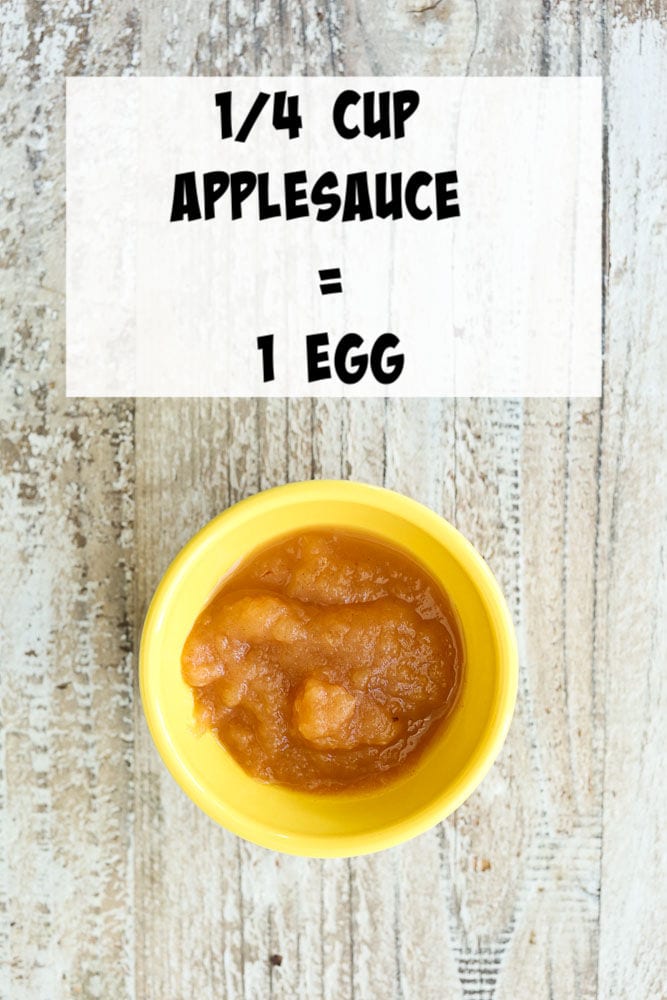
RECIPE: 1/4 cup Applesauce = 1 egg
PROS: Applesauce is great for adding moisture in a recipe and has a high pectin content that helps with binding.
CONS: Applesauce adds sweetness to a recipe, even if you use unsweetened applesauce. You may need to adjust the recipe accordingly. Also, applesauce will not give recipes the same lightness as an egg provides. The results when using applesauce will be more dense and less fluffy.
Banana as an Egg Substitute
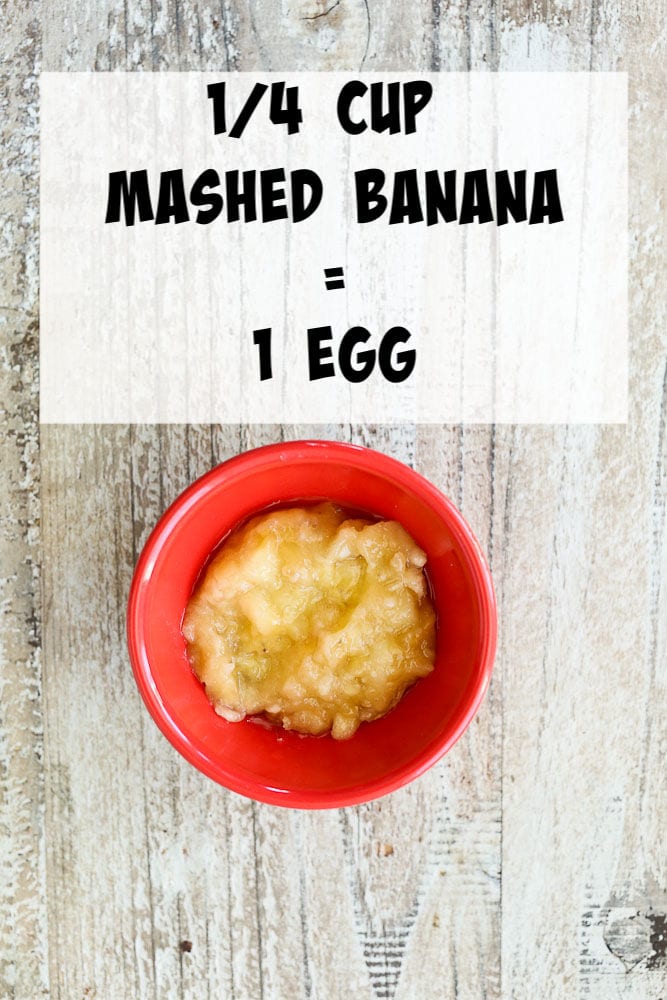
RECIPE: 1/4 cup Banana = 1 egg
PROS: Banana is similar to applesauce in that it adds moisture in a recipe and has a high pectin content that helps with binding.
CONS: Banana lends a strong flavor, so whatever you are using it in will become banana-flavored. Bananas will also not give recipes the same lightness as an egg provides. The results when using banana as an egg substitute will be more dense and less fluffy.
Pumpkin as an Egg Substitute
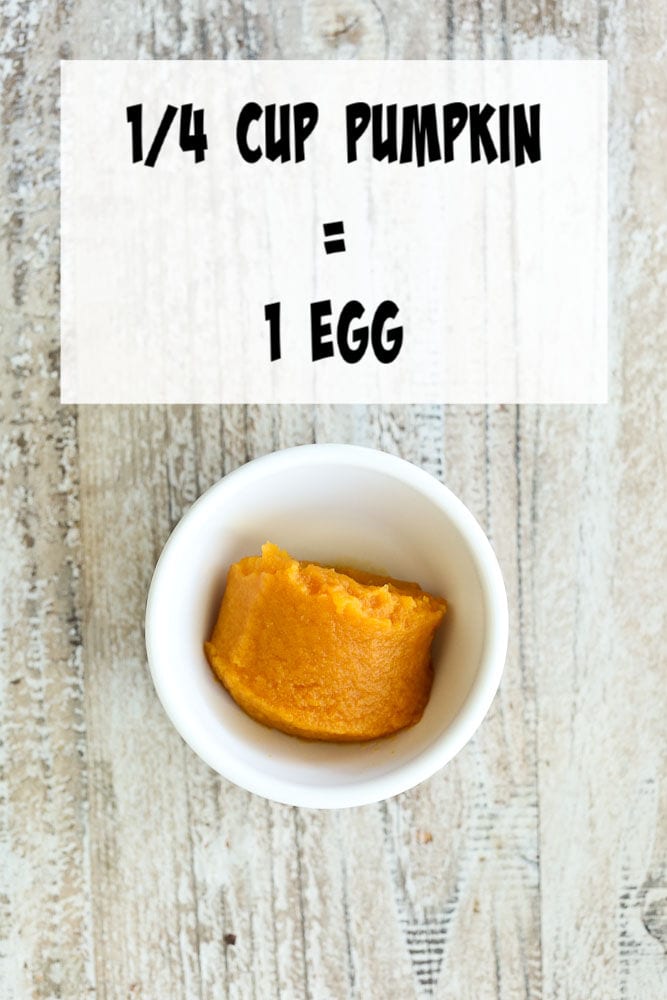
RECIPE: 1/4 cup canned pumpkin puree= 1 egg
PROS: Pumpkin is another fruit purée that adds moisture in a recipe and has a high pectin content that helps with binding.
CONS: Using pumpkin as an egg substitute can alter the color and flavor of the recipe. I’ve also found that pumpkin yields the most dense results of all the fruit purées I’ve used as an egg substitute. The results when using pumpkin are considerably more dense and less fluffy than when using eggs.
I know there are other egg substitutes out there, but these are the ones I’ve tried over and over and am confident of the results. If you have some you’ve tried and love, please leave them in the comments!
Recipes using Vegan Egg Substitutes
Here are some recipes for you to try out that use some of these suggestions!
Vegan Banana Bread
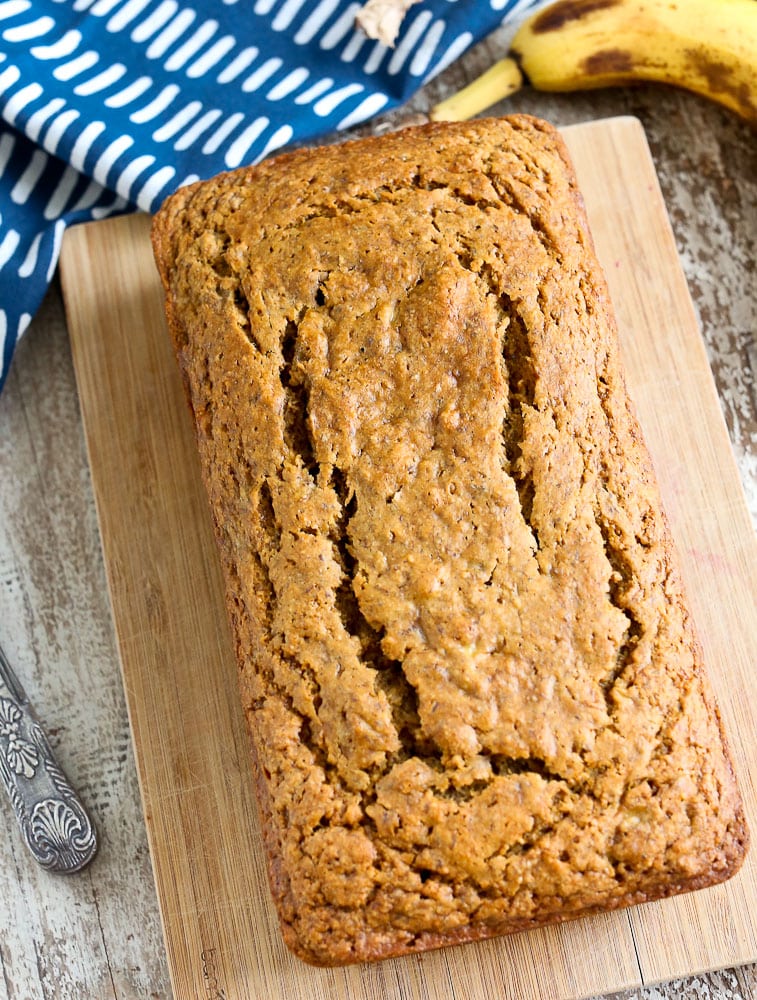
Banana Chocolate Chip Blondie
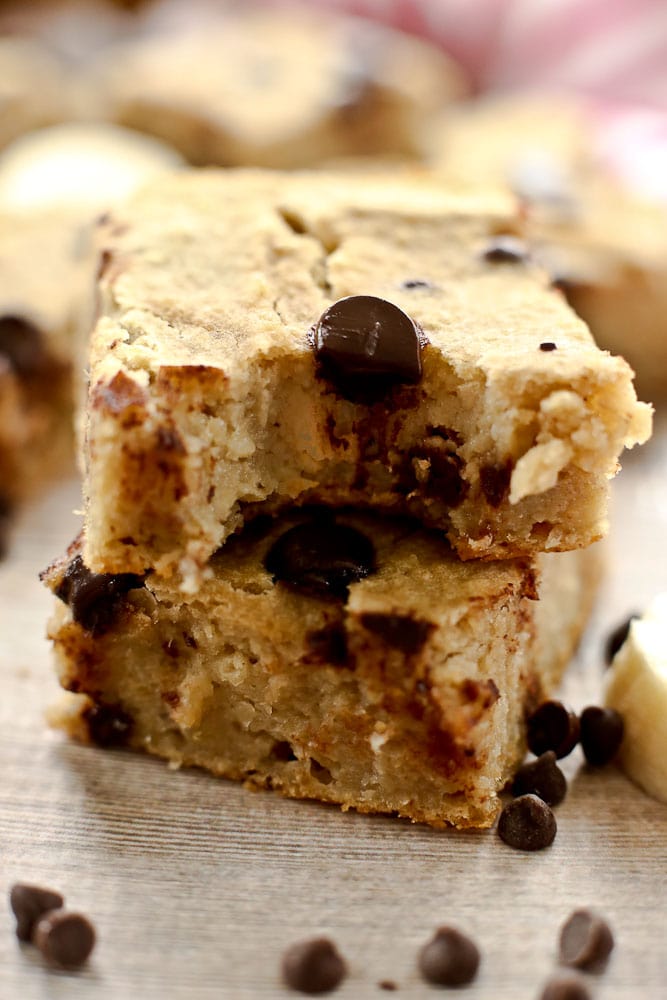
Healthy Pumpkin Cookies
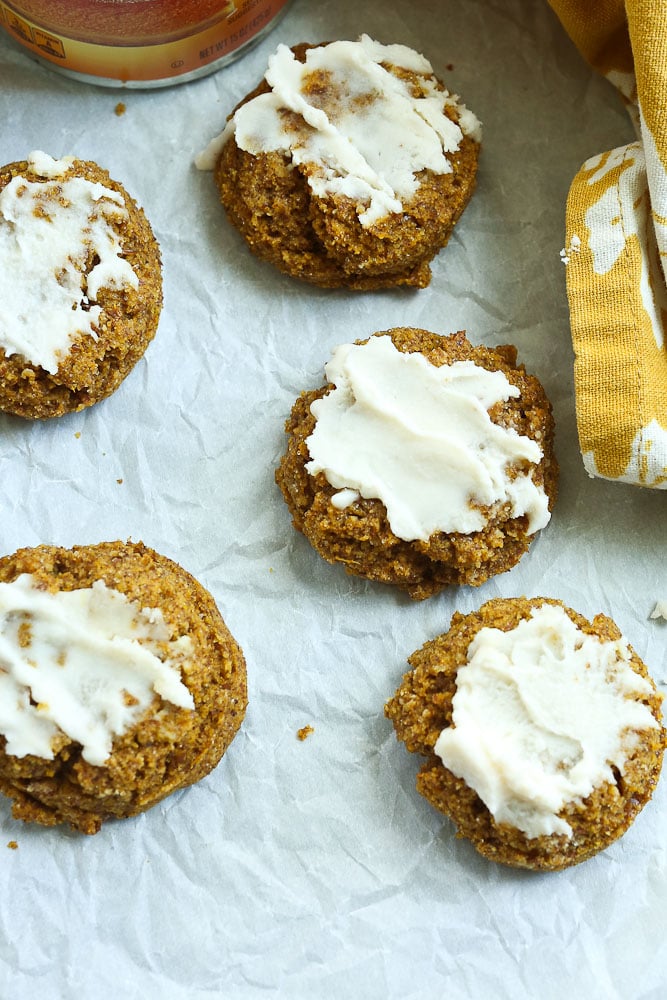
The BEST Vegan Chocolate Cake
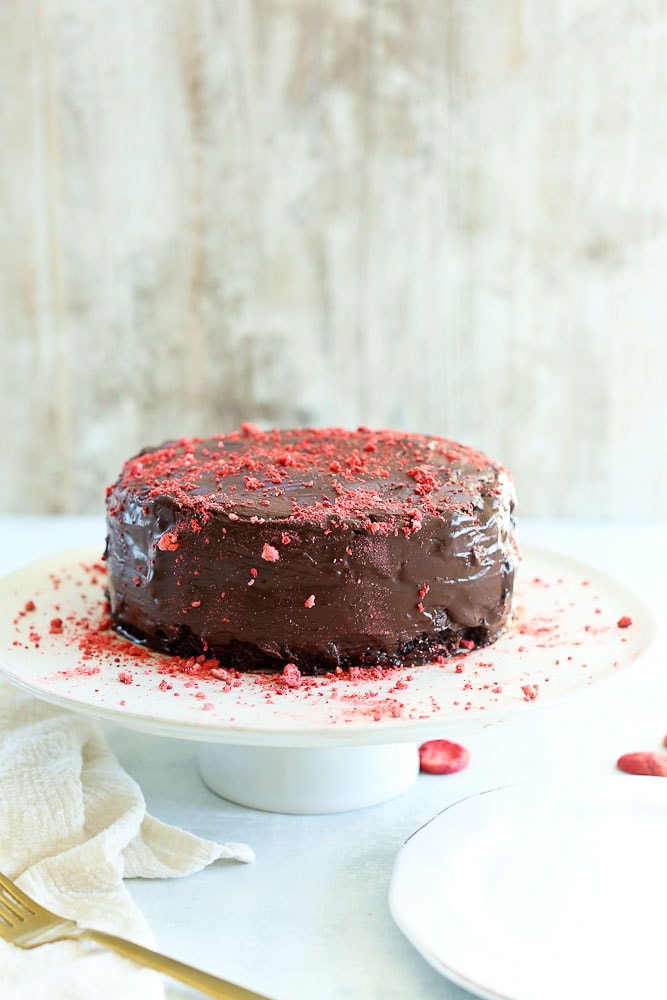
Blueberry Banana Oat Bars
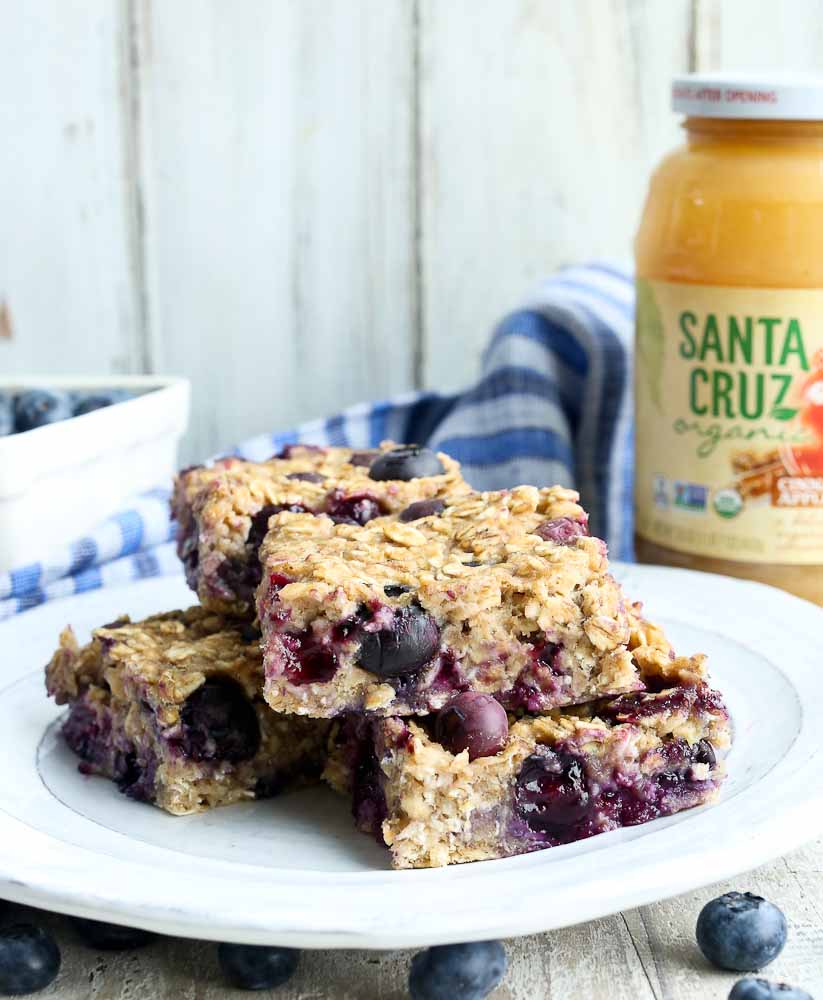
Applesauce Breakfast Cookies
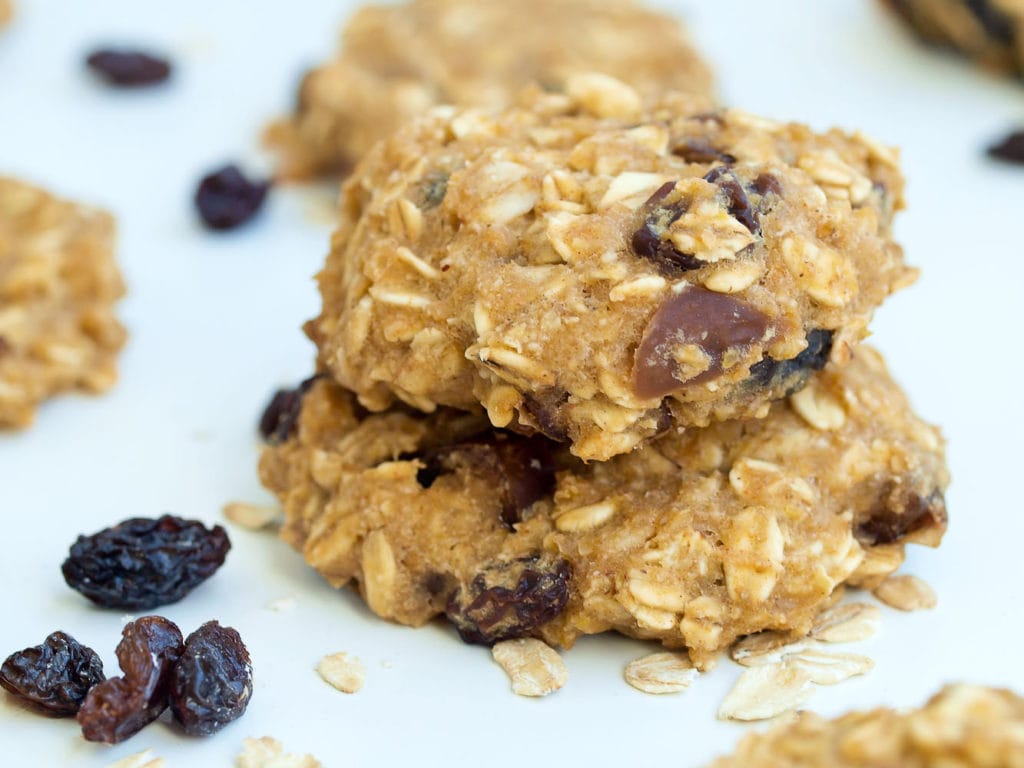
*Links to products are affiliate links.
The post Vegan Egg Substitutes from your Pantry appeared first on Happy Healthy Mama.
source https://happyhealthymama.com/vegan-egg-substitutes-from-your-pantry.html
Tuesday, 22 January 2019
Friday, 18 January 2019
Monday, 14 January 2019
Friday, 11 January 2019
5 Tips to Promote Healthy Inflammation
This post is sponsored by MegaFood®. All opinions, as always, are my own.
There is so much talk about inflammation these days. What is it? Inflammation is the body’s natural response to outside stress like infection, illness, or injury. In this sense, it’s a healthy and necessary immune response. In fact, it’s inflammation that helps your body heal when it’s down.
When your body is healed, the inflammation should stop. This is a healthy inflammation response and what we all should strive for.
Is there anything we can do to help maintain this healthy inflammation response? Of course! It’s all through diet and smart lifestyle choices. These five tips can help you support a healthy inflammation response.*
5 Tips for Promoting Healthy Inflammation
1. Eat Anti-Inflammatory Foods
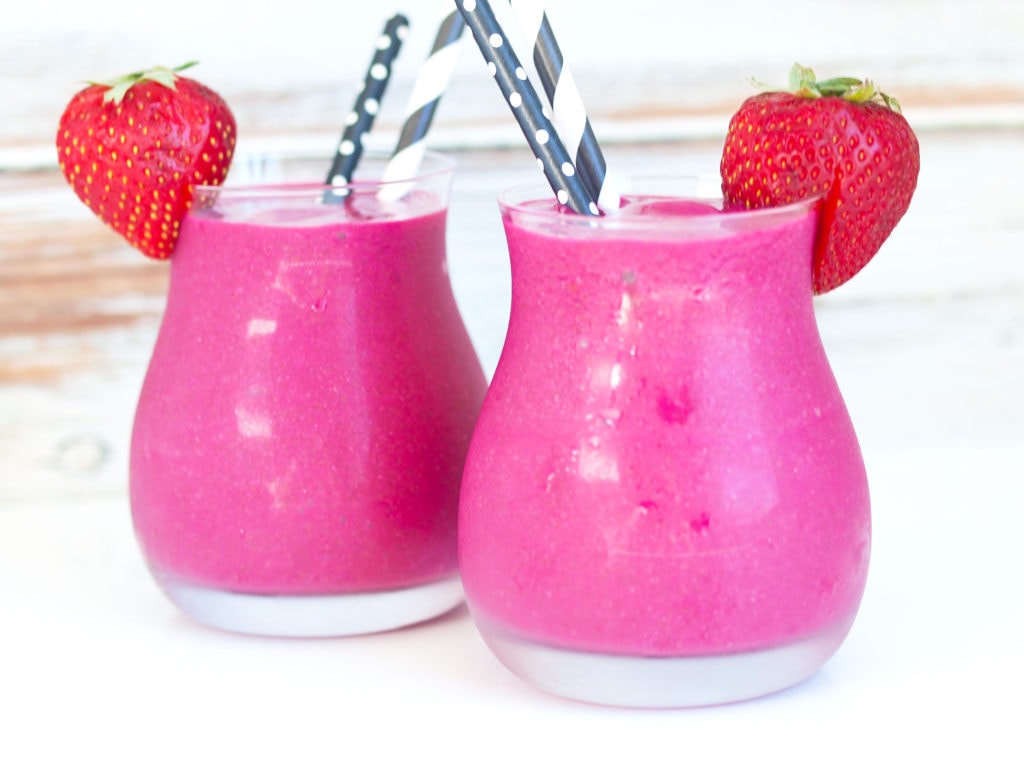
The number one thing I recommend is to eat foods that naturally fight inflammation! Try to include as many anti-inflammatory foods in your diet as you can on a daily basis.
Foods that make the anti-inflammatory food list are: broccoli, leafy greens, bok choy, berries, pineapple, beets, turmeric, ginger, walnuts, celery, flax seeds, chia seeds and garlic. An efficient way to get your fix of these foods is by serving them up via smoothies, juices, shots, teas, broths, seltzers and more.
2. Take a Supplement to Promote a Positive Inflammatory Response*

Turmeric is a popular spice that can help support a healthy inflammatory response,* but it’s not as easy to work into your regular diet. For the last two years, I’ve been taking a turmeric supplement from MegaFood to help me get an appropriate amount of turmeric in my system every single day.
MegaFood recently came out with Turmeric Inflammation Response* Gummies! A delicious gummy that helps support a healthy inflammatory response in the body?* YES, please!! These have come in handy when I’m on the go. I just pop two in my mouth and I’m all set for the day.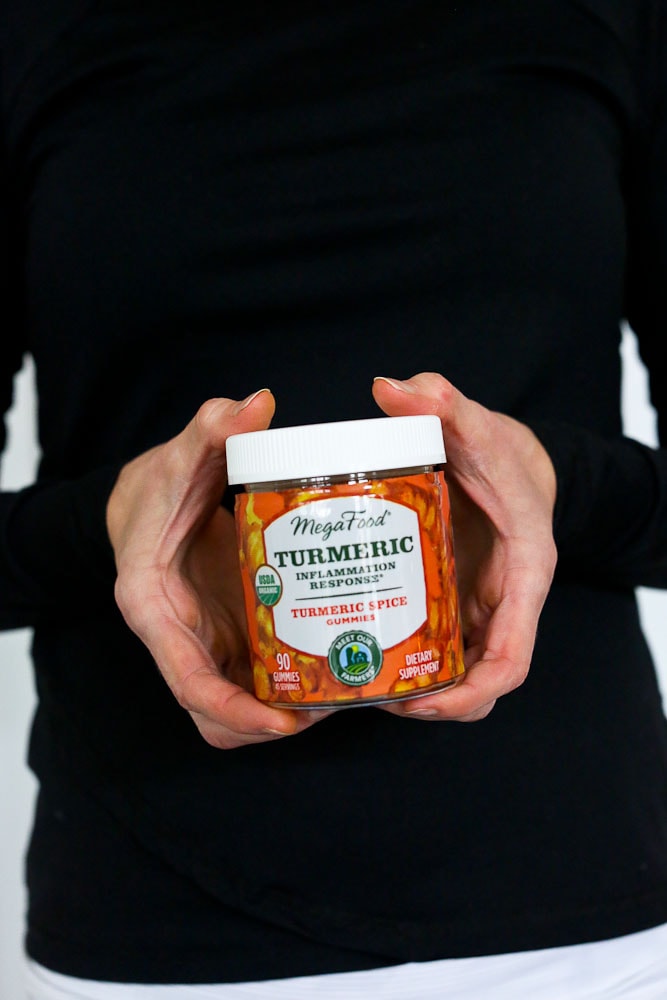 In addition to organic turmeric, the gummies also include organic black pepper extract to support the absorption of curcuminoids*, as well as organic carrot and organic ginger, both a natural source of phytonutrients.*
In addition to organic turmeric, the gummies also include organic black pepper extract to support the absorption of curcuminoids*, as well as organic carrot and organic ginger, both a natural source of phytonutrients.*
These are a perfect choice for anyone who doesn’t like swallowing pills as they are TASTY and chewable!!
3. Avoid Inflammatory Foods
Besides fitting anti-inflammatory foods into your diet, it’s important to avoid those that can trigger inflammation in the body. You’ll want to dodge foods with casein (a protein found in dairy), limit sugar, avoid trans fats and stay away from refined carbohydrates. Check out this comprehensive list of list of foods to avoid to help your body have less inflammation.
4. Exercise Regularly
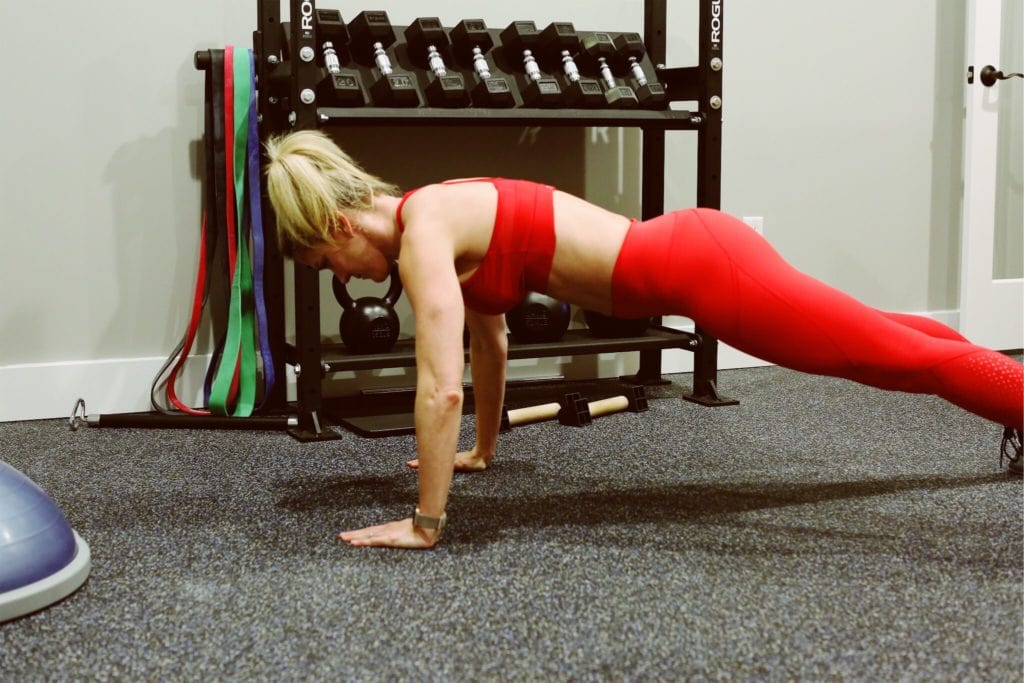
Exercise has been found to have an anti-inflammatory effect on the body. Even small, 20-minute bursts of physical activity can help. Do your best to make exercise, even if you don’t have time for hours at the gym, a part of your regular routine. (source)
5. Manage Your Stress

Stress has also been found to trigger an inflammatory response in the body. Yikes. Find ways to manage your stress so that it doesn’t get the best of you. My best suggestions are to schedule down time, meditate and keep a journal. ALL of these have helped me when I’m feeling especially stressed.
Remember that controlling inflammation in our body is a long-term process. By incorporating these tips on the daily, a healthy lifestyle will become more natural.
P.S. – My cookbook, Anti-Inflammatory Drinks for Health, is coming out in February and will help you get even more of these anti-inflammatory foods into your diet! (You can preorder it right here!)
*This statement has not been evaluated by the Food and Drug Administration. This product is not intended to diagnose, treat, cure or prevent any disease.
The post 5 Tips to Promote Healthy Inflammation appeared first on Happy Healthy Mama.
source https://happyhealthymama.com/5-tips-to-promote-healthy-inflammation.html
